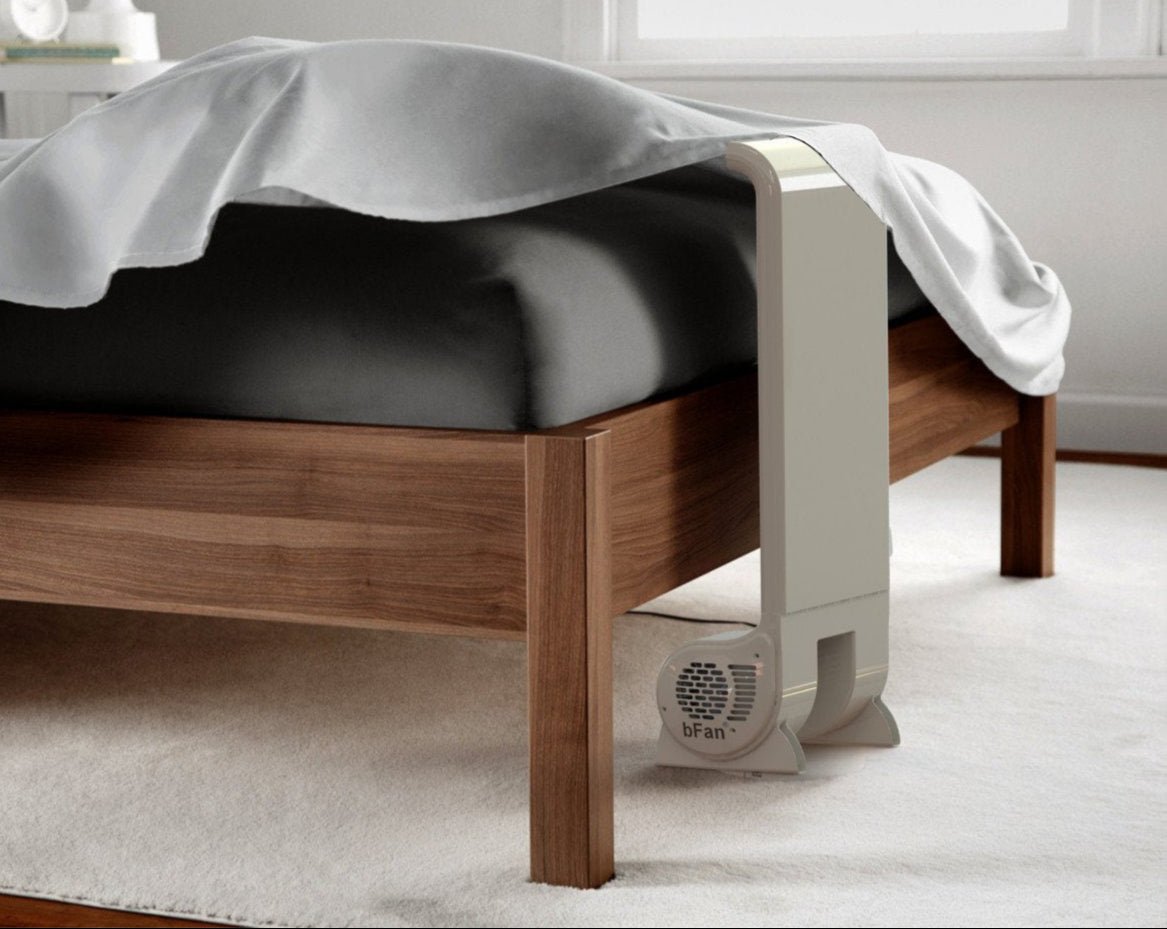Eating Disorders and Night Sweats
Night sweats are commonly defined as heavy sweats occurring during sleep. Night sweats are different from regular sweating in that they are extreme, usually causing clothing and bedding to be drenched. People experiencing night sweats describe feeling like they are unable to cool down, no matter what they try. Night sweats are also not caused by primary external factors like heat or too many blankets. Instead, night sweats are caused by a variety of different conditions, such as menopause, diabetes, cancer treatment, eating disorders, and more.
There are many different eating disorders, but we will focus on anorexia nervosa in this article. Anorexia is a mental illness impacting how people view food and weight. People with anorexia are underweight, have a distorted view of weight, and struggle with an intense fear of weight gain. In order to prevent their anxiety from coming true, they restrict the amount of food that they consume in an unhealthy manner. They may also use vomiting or laxatives to reduce the calories consumed.
There are many different emotional/behavioral signs of an eating disorder. The behavioral symptoms are typically around food and eating, such as dieting and refusing to eat certain foods. Most people will refuse to eat certain kinds of foods, but in an eating disorder, this expands to avoiding entire groups of foods, such as carbs, sugar, dairy, etc. Taking tiny portions at mealtime or entirely skipping meals are also symptoms. Withdrawing from friends and activities, using the mirror to check for flaws a lot, and appearing uncomfortable when eating around others are other behavioral symptoms. On the emotional side, mood swings are prevalent with eating disorders.
` There are also many physical signs of an eating disorder outside of dramatic weight changes. Fainting, constantly feeling cold, having trouble concentrating, sleep problems, muscle weakness, weak immune system, and dizziness are common. There are also a majority of medical symptoms, such as dental problems (usually from vomiting), and problems in blood work, such as anemia and other conditions. Missing periods are also common with eating disorders, as extreme weight loss and lack of fat make it difficult for menstruation to occur.
Night sweats are a typical yet lesser-recognized symptom of eating disorders, especially anorexia. They also tend to occur a lot during eating disorder recovery. This is because eating disorders significantly impact the body's ability to function correctly. When the body is struggling, one of the first functions to go is temperature regulation. Without temperature regulation, someone with an eating disorder might feel cold all of the time or sweat excessively.
If you are having night sweats, it is essential to contact your doctor to find and address the underlying cause. However, if the night sweats are bad enough that they are causing problems while sleeping, there are several ways to relieve the sweating. An essential part of eliminating night sweats is maintaining a cool bedroom. First, your bedding and night clothes should be light and breathable. Secondly, keeping the temperature cool helps immensely. This can be tricky when using air conditioning, as maintaining a low temperature can be pricey, especially in the summer. This is why the BedFan is the best choice for staying cool when plagued with night sweats.
Share

